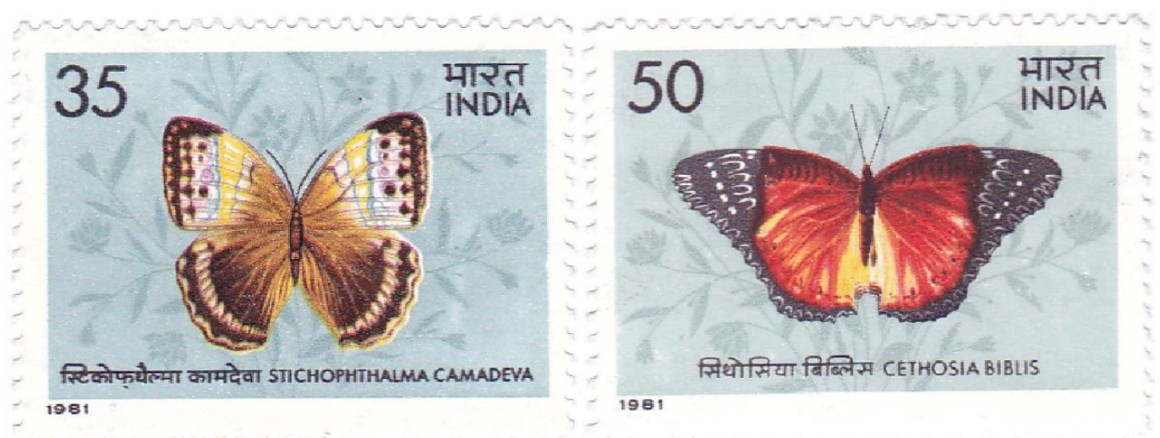The State of the Nations Butterfly report which is published every five years shows long term and ten year trends – and it’s waving a danger flag. The most recent report published in 2015 indicates that overall a staggering 76 percent of our butterflies declined in abundance and occurrence over the past 40 years.
Four species of butterfly have become extinct over the past 150 years and the rest face an uncertain future. Our moths are doing no better as the total number over the past 40 years has declined overall by 28 percent, even as low as 40 percent in southern areas.
Butterflies and moths give us a meaningful glimpse into our current biodiversity and future environmental state - the government recognises them as indicators. They pollinate our food sources along with bees and other flying insects. Butterflies don’t have the furry bodies that bees have so they take less pollen, but they cover greater distances, strengthening the genetic variation of DNA in plants.
This makes our plants tougher and less likely to fall prey to disease. It’s thought 84 percent of EU crops are pollinated by insects – and our activities are putting them in danger. And butterflies and moths form part of the natural food chain. Birds, bats, and spiders amongst others eat caterpillars and blue tit chicks exist almost entirely upon them. Removing a step in the food chain can have unforeseen consequences on our wildlife. Farming practices have changed beyond recognition. No longer do we have wildflower meadows meant for hay which our butterflies thrived in, but intensive farming of mono-crops such as rapeseed and long grass with little diversity.
Farming pesticides that kill insects and disease also have an effect on our beneficial insects. Research continues into the effects of pesticides on farmland butterflies. Our own garden pesticides certainly destroy the resident butterflies in the form of eggs and caterpillars.
Source: Clive Harris in the Ecologist | 13th March 2018
https://theecologist.org/2018/mar/13/why-protecting-our-butterflies-vit…
Clive Harris is a gardener and blogger at DIY Garden. If you’d like more information about how to make your garden more butterfly friendly, visit Clive’s ultimate guide to butterflies.

- Login om te reageren
